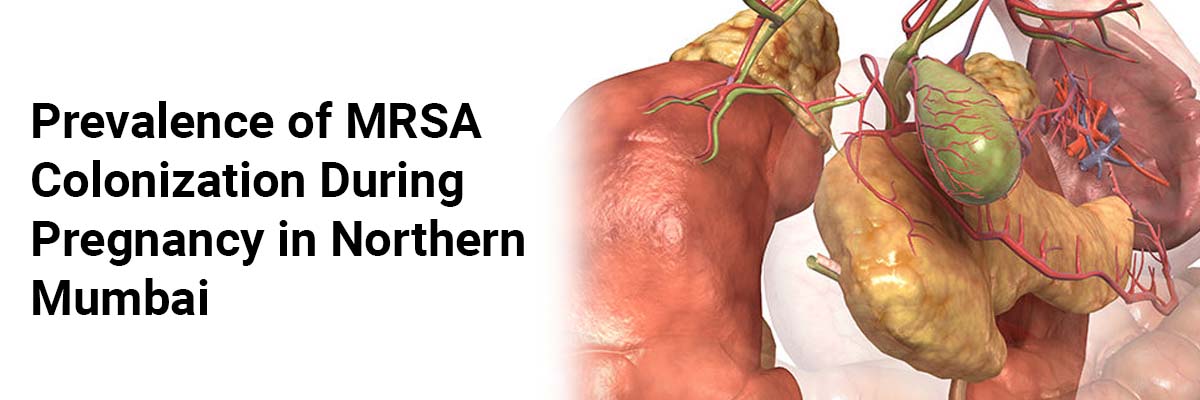
 IJCP Editorial Team
IJCP Editorial Team
Prevalence of MRSA colonization during pregnancy in Northern Mumbai
Screening
for Methicillin-resistant
Staphylococcus aureus (MRSA) is a common practice in many
hospitals, particularly for high-risk patients. However, its occurrence and
clinical significance in expectant mothers remain unclear. A recent study aimed
to investigate MRSA colonization rates in our obstetric population.
This was a
prospective study conducted over three months, between 2019 and 2020, wherein
MRSA screening samples from pregnant women at 32-34 weeks of gestation were
collected after informed consent. All samples underwent standard
microbiological analysis. MRSA-positive women received a decolonization
program, and their care was monitored.
The study
included 78 mothers, revealing a 2.5% MRSA colonization rate at 32-34 weeks of
gestation. Decolonization was recommended for MRSA carriers. The obstetric
population demonstrated a low MRSA colonization rate. The researchers concluded
that continuous monitoring of MRSA infections in both obstetric populations and
their infants is essential.
While MRSA screening recommendations are currently debated and not universally accepted, targeted antenatal screening and decolonization in high-risk pregnant women could decrease infections. However, due to insufficient data on MRSA persistence, determining the ideal gestational age for screening remains inconclusive. In settings such as this, where MRSA prevalence among pregnant women is low, regular nasal screening tests for all pregnant women are not advocated.
Source:
Patel K, Thiyagarajan KS, Patil YP, Choudhari
VS, Carval TN. Indian J Obstet Gynecol Res. 2023;10(4):421-425

IJCP Editorial Team
Comprising seasoned professionals and experts from the medical field, the IJCP editorial team is dedicated to delivering timely and accurate content and thriving to provide attention-grabbing information for the readers. What sets them apart are their diverse expertise, spanning academia, research, and clinical practice, and their dedication to upholding the highest standards of quality and integrity. With a wealth of experience and a commitment to excellence, the IJCP editorial team strives to provide valuable perspectives, the latest trends, and in-depth analyses across various medical domains, all in a way that keeps you interested and engaged.





















Please login to comment on this article